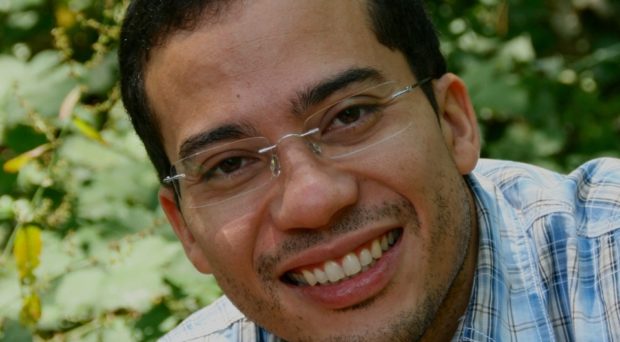
Hello, please can you briefly tell us about your academic background and what inspired you to pursue a career in parasitology?
As a Brazilian, born in the north-eastern part of the country, parasites have always been part of my life and this inspired me to pursue a career in parasitology. Indeed, since I was a veterinary student I was quite interested in parasites and their impact on veterinary and human medicine.
What continues to inspire you to work in parasitology and specifically in your expertise?
Although several countries have already experienced the so-called “epidemiological transition” (that is, changing patterns of population age distributions, mortality, fertility, life expectancy, and causes of death, with the replacement of infectious diseases by chronic diseases), parasites and parasitic diseases are still posing a major threat to animal and human populations worldwide. In particular, people are still suffering and succumbing from vector-borne diseases like leishmaniasis, mostly in tropical and subtropical regions of the world. Finding solutions to change this scenario is what inspires me to continue doing my work.
If there is a piece of advice you would give to early career scientists, what would it be?
There is no magic advice. To be a good scientist you must love science. If you don’t, you may be in the wrong place.
Is there a diagram, quote or picture that could encapsulate your research philosophy?
“To raise new questions, new possibilities, to regard old problems from a new angle, requires creative imagination and marks real advance in science.” Albert Einstein
What are the issues in parasitology that you would like to see resolved in the near future (in the next 5 years)?
That is a big question. There are several gaps in our knowledge about parasites and parasitic diseases. I would be glad to see new tools to predict the emergence of drug resistance and new vaccine candidates and drugs against major parasitic diseases such as malaria and leishmaniasis. To solve these issues, more attention from the industry and from policy makers to tropical neglected parasitic diseases will be needed.
What is the main parasitological challenge in Brazil at the moment?
There are many. Mosquito-borne viruses (e.g., Dengue, Zika and Chikungunya) are indeed major public health issues currently in Brazil, but we should not forget that we have still malaria, leishmaniasis, Chagas disease and other neglected tropical diseases affecting and killing people every year. Reducing the burden of these diseases not only in Brazil, but in Central and South America as a whole should be considered a priority.
Odile Bain promoted collaboration between disciplines. What can we do to help continue her work?
We must continue to work with multidisciplinary groups, in the laboratory and in the field, on both basic and applied science.

Filipe is an inspiration! A very young scientist with a large experience and a brilliant mind! I’m your fan.